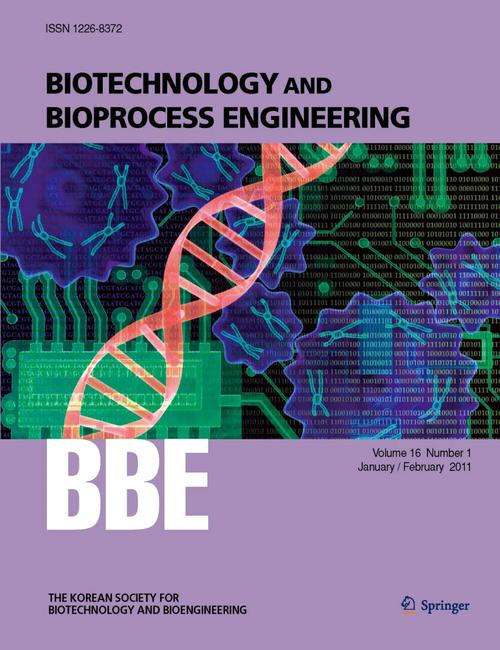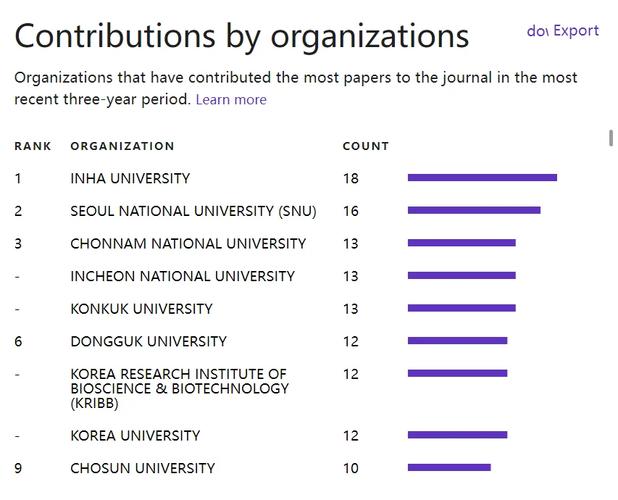
Understanding Biotechnology: A Detailed Insight for You
Biotechnology, a term that has become increasingly prevalent in our daily lives, refers to the application of biological systems, organisms, or their components to develop or create products. It spans a wide range of fields, from agriculture to medicine, and has revolutionized the way we live. In this article, we delve into the intricacies of biotechnology, exploring its various dimensions and applications.
What is Biotechnology?
Biotechnology is essentially the use of living organisms or their components to create or modify products. This can be achieved through various methods, including genetic engineering, fermentation, and cell culture. The goal is to harness the natural capabilities of living organisms to produce useful substances or improve existing processes.

Applications of Biotechnology
Biotechnology has found its way into numerous industries, offering solutions to a variety of challenges. Here are some of the key applications:
| Industry | Application |
|---|---|
| Agriculture | Developing genetically modified crops that are more resistant to pests and diseases, leading to higher yields and reduced reliance on pesticides. |
| Medicine | Creating biopharmaceuticals, such as insulin and growth hormone, through recombinant DNA technology. |
| Environmental Protection | Using microorganisms to break down pollutants, such as oil spills and industrial waste, in a process known as bioremediation. |
| Food and Beverage | Improving the nutritional value of food through genetic modification and developing new food products with enhanced properties. |
Biotechnology in Medicine
One of the most significant applications of biotechnology is in the field of medicine. Here are some notable examples:
-
Genetic Testing: Biotechnology has enabled the development of genetic tests that can identify genetic disorders and guide personalized medicine.
-
Biopharmaceuticals: These are medications produced using living cells, such as insulin and monoclonal antibodies, which are used to treat various diseases.

-
Regenerative Medicine: This involves using biological materials to repair or replace damaged tissues and organs, such as skin grafts and bone marrow transplants.
Biotechnology in Agriculture
Biotechnology has also had a significant impact on the agricultural sector. Some of the key contributions include:
-
Genetically Modified Organisms (GMOs): These are plants or animals that have been genetically engineered to have desirable traits, such as resistance to pests and diseases.
-
Biostimulants: These are substances that enhance the growth and development of plants, leading to higher yields and better quality produce.
-
Bioprocessing: This involves using microorganisms to produce enzymes and other substances that can improve agricultural processes, such as the breakdown of plant materials for biofuels.
Challenges and Ethical Considerations
While biotechnology offers numerous benefits, it also presents challenges and ethical considerations. Some of the key concerns include:
-
Environmental Impact: The release of genetically modified organisms into the environment can have unintended consequences, such as the spread of resistance genes to wild populations.
-
Food Safety: There are concerns about the long-term effects of consuming genetically modified foods, although extensive research has shown them to be safe.
-
Ethical Concerns: The use of biotechnology in areas such as cloning and gene editing raises ethical questions about the boundaries of human intervention in nature.
Conclusion
Biotechnology is a rapidly evolving field that has the potential to address some of the most pressing challenges facing our world today. By harnessing the power of living organisms, we can develop innovative solutions in various industries, from medicine to agriculture. However, it is crucial to address the challenges and ethical considerations associated with biotechnology to ensure its responsible and sustainable use.



